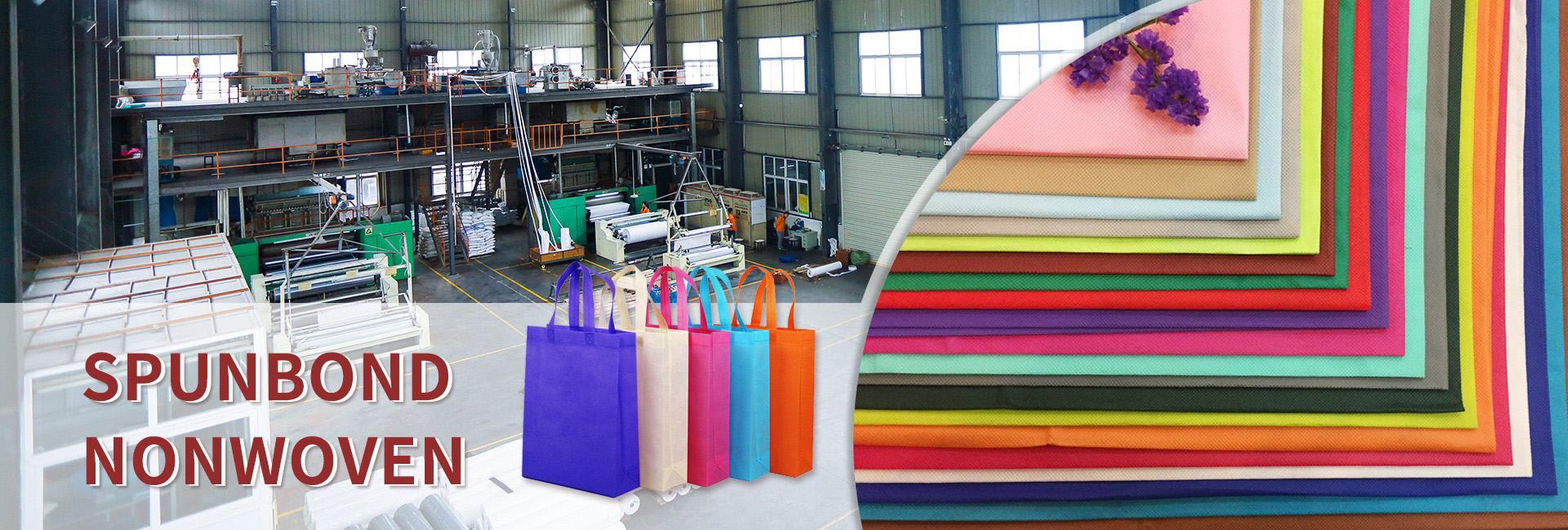Non-woven masks are more effective than other common types of masks in preventing the airborne spread of Covid-19, according to simulations run by the world’s fastest supercomputer in Japan.
Fugaku, which can perform more than 415 trillion calculations per second, ran simulations of three types of masks and found that non-woven masks were better at blocking a user’s cough than cotton and polyester masks, according to the Nikkei Asian Review. exit. explain.
Non-woven masks refer to disposable medical masks commonly worn in Japan during the flu season and now the coronavirus pandemic.
They are made from polypropylene and are relatively cheap to produce in large quantities. Woven masks, including those used in Fugaku’s modeling, are typically made from fabrics such as cotton and have emerged in some countries following a temporary shortage of non-woven masks.
They can be reused and are generally more breathable, but should be washed at least once a day with soap or detergent and water at a temperature of at least 60°C, according to the World Health Organization (WHO).
Experts from Riken, a government research institute in the western city of Kobe, said this grade of non-woven material can block almost all droplets produced when coughing.
Cotton and polyester masks are less effective but can still block at least 80% of droplets.
Nonwoven “surgical” masks are slightly less effective at blocking smaller droplets 20 microns or smaller, with more than 10 percent escaping through the gap between the edge of the mask and the face, according to computer models.
Wearing masks is common and accepted in Japan and other Northeast Asian countries, but has caused controversy in the UK and US, where some people object to being told to wear masks in public.
Prime Minister Boris Johnson said on Monday that Britain will no longer advise students to use masks in secondary schools as the country prepares to reopen classrooms.
Despite the heat wave gripping much of Japan, team leader Makoto Tsubokura of the Riken Computational Science Center is urging people to dress up.
“The most dangerous thing is not wearing a mask,” Tsubokura said, according to Nikkei. “Wearing a mask is important, even the less effective cloth mask.”
Fugaku, which last month was named the world’s fastest supercomputer, also simulated how respiratory droplets spread in individual office spaces and on crowded trains when the car windows are open.
Although it won’t be fully operational until next year, experts hope the 130 billion yen ($1.2 billion) supercomputer will help extract data from about 2,000 existing drugs, including those that have not yet entered clinical trials.
Post time: Dec-01-2023

